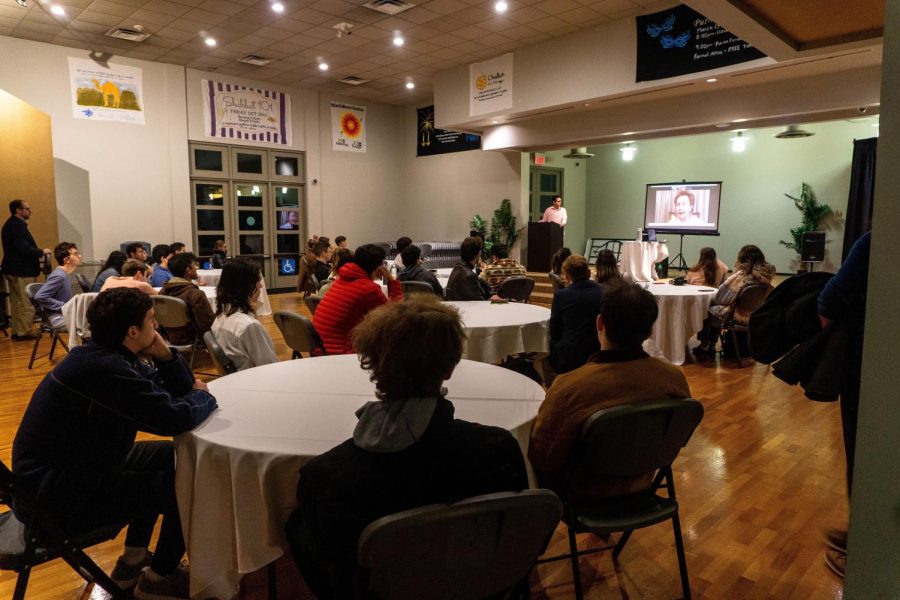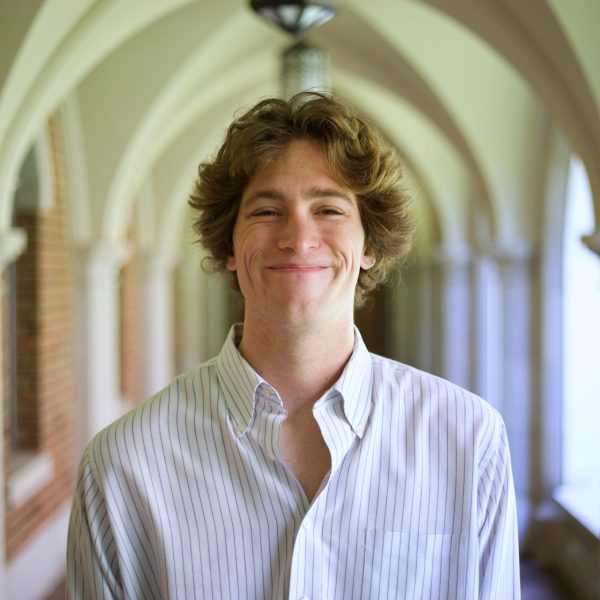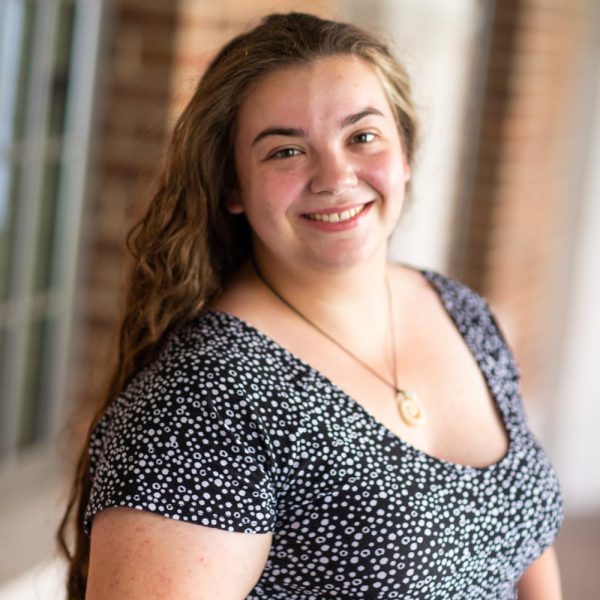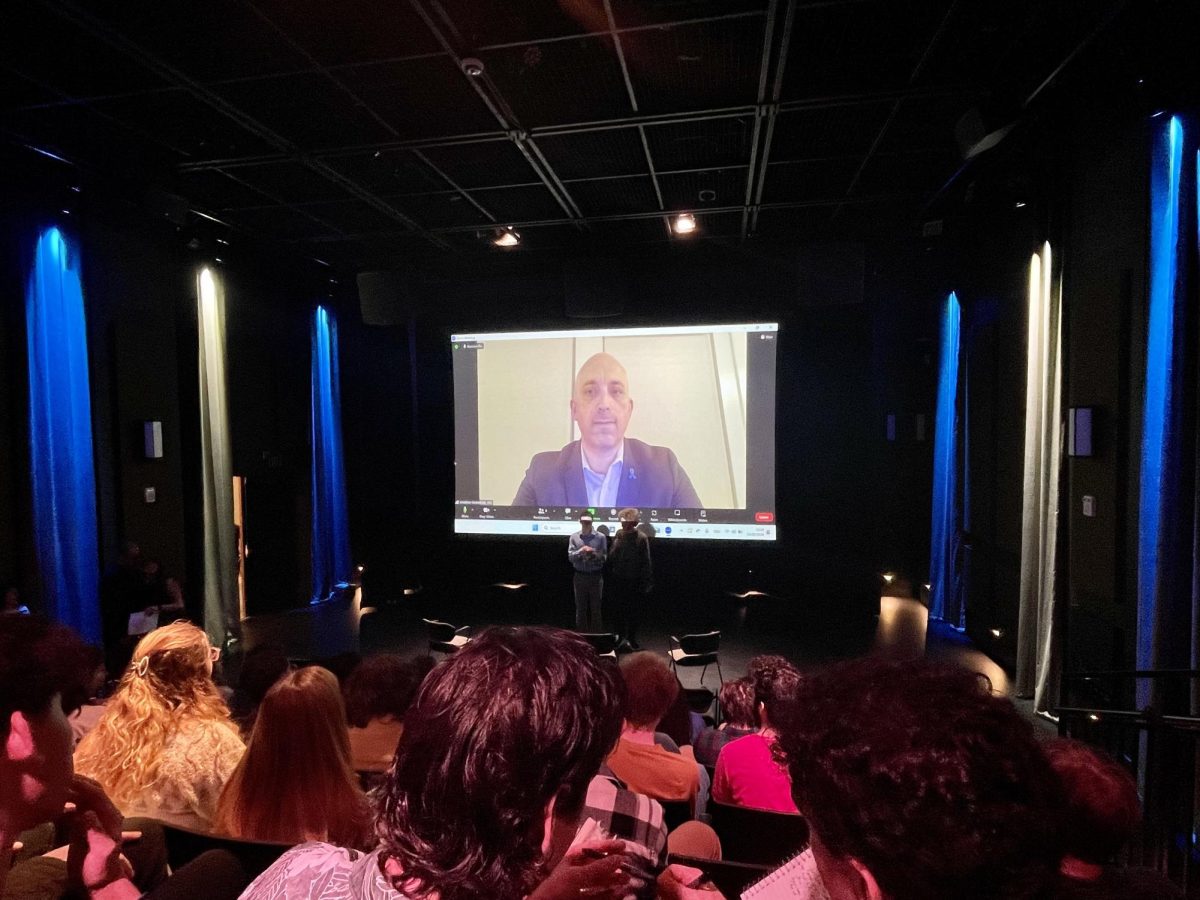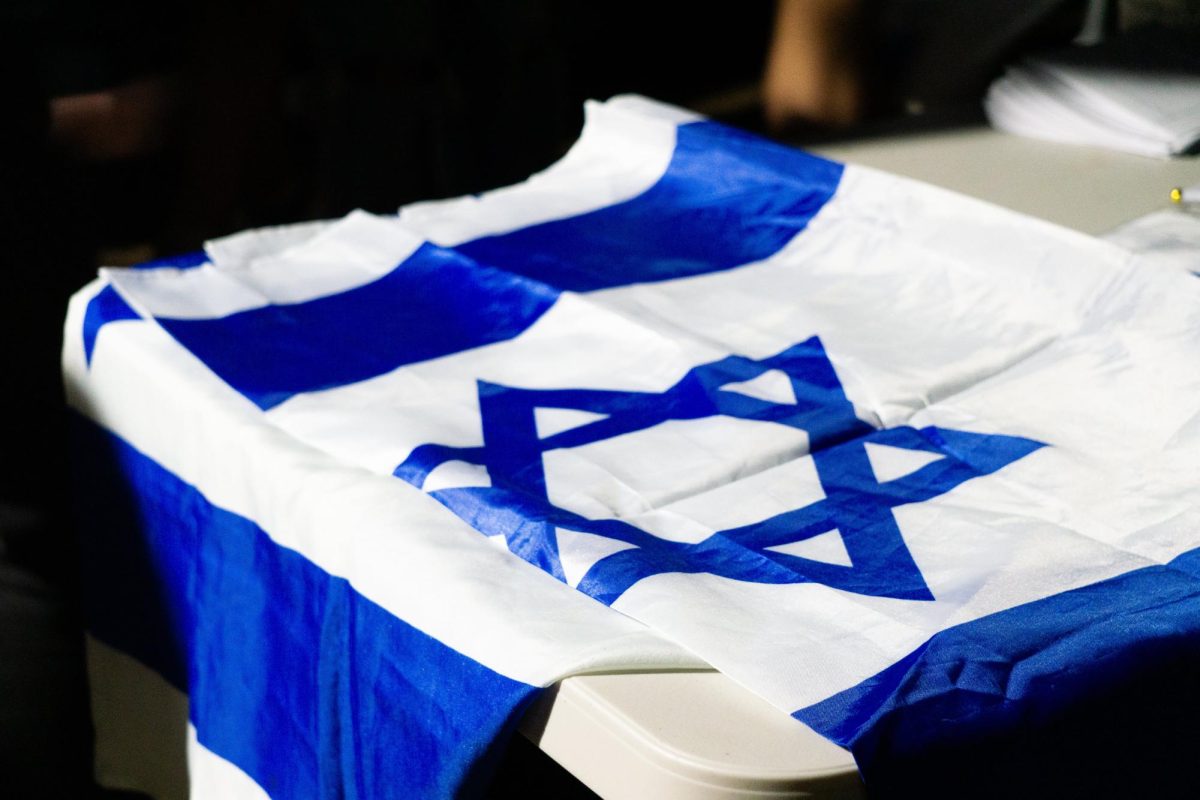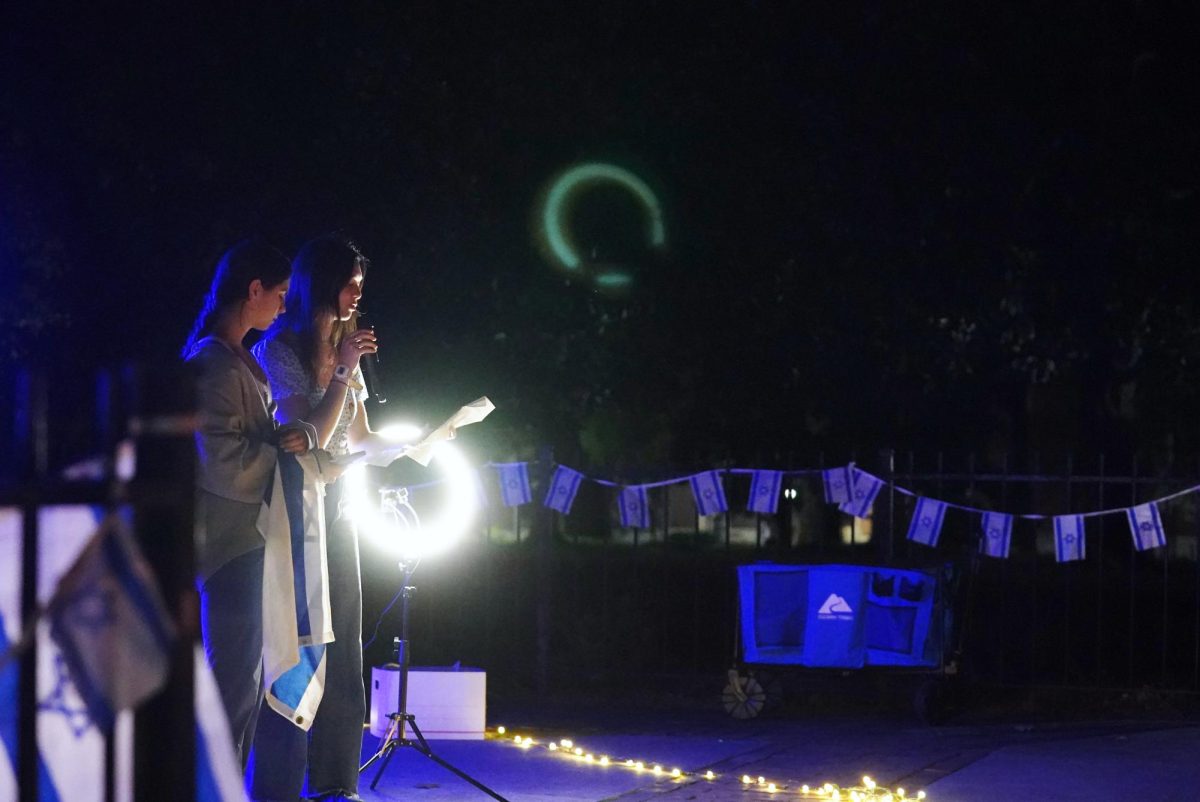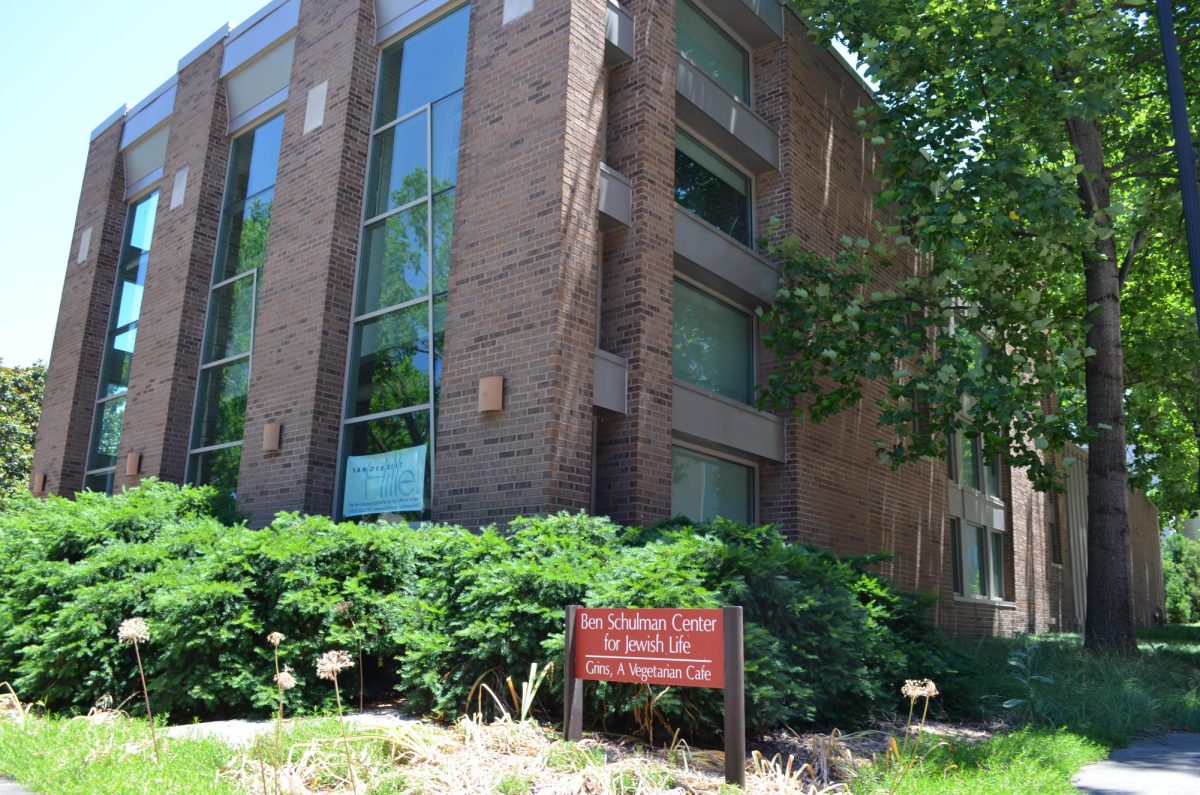Holocaust survivor and philanthropist Elizabeth Wilf spoke to Vanderbilt students virtually on Nov. 15 as a part of the ongoing Holocaust Lecture Series organized by Vanderbilt Hillel. The Hustler spoke with Wilf in an exclusive interview after the lecture.
Wilf detailed her experiences during World War II, her immigration to the U.S. and the importance of tolerance in a divided country. The event comes two weeks after Vanderbilt football assistant coach Dan Jackson supported Ye’s recent comments, which have included antisemitic and otherwise discriminatory content.
Wilf was born in Lvov, Poland (present-day Lviv, Ukraine), on April 16, 1932. Russians occupied the city in 1939, and Nazi Germany invaded in mid-1941 when she was nine years old. After the invasion, Wilf’s family was forced to move into a ghetto in the city.
“We packed only belongings that we could carry,” Wilf said. “I was tremendously fearful.”
Wilf said all Jews in the ghetto were forced to wear an identifying Star of David. She recalled the period as traumatic, noting that she was underfed and cramped. Wilf also described times her family members would leave the ghetto and never return, presumably shot in broad daylight for their Jewish identity. Wilf said the Germans viewed it as an “immediate solution” to kill Jewish people in a forest outside her town.
“My mother’s sister was working at a soup kitchen, and she was discovered to be Jewish,” Wilf said. “They took her out of the kitchen to the backyard and shot her and her child.”
When the Germans began rounding up Jews in the ghetto to go to concentration camps, Wilf and her family hid in an attic with other Jews.
“A child that was with us wouldn’t stop crying. The mother had to quiet the child for what seemed like forever, or else we would have been discovered. It was joyless,” Wilf said.
As the situation in the ghetto became more precarious for Jews, Wilf said her family had no choice but to try to escape. When a police officer began questioning them as they were leaving through the ghetto’s gates, another officer intervened due to being acquainted with her family. Wilf emphasized how critical this moment was for her family’s safety, noting that they would have been sent to a concentration camp if not for his compassion.
After escaping from the ghetto, Wilf said she and her family stayed at a farm outside of Kraków, Poland, where Wilf’s mother agreed to help perform basic duties in exchange for living quarters. However, the family only had forged identification papers for Wilf’s mother and siblings, forcing her father to hide under the floorboards of the farm’s barn. They also had to hide their faith from the landowner.
“Our documents said we were Christian, so we had to hide our true faith as Jews,” Wilf said. “Sometimes, my mother would show us Jesus and the crucifixion to make the farmer believe we were Christian.”
After 18 months, the war ended, and the town was liberated, allowing Wilf’s family to move to a displaced person camp in the American quadrant of Berlin. It was during this time that Wilf married her husband, Joseph. Her family decided to move to the U.S. a year later, in 1950.
“My mother always wanted to come to America, so that’s where we went,” Wilf said.
Wilf and her immediate family traveled on a Flying Tiger cargo plane to Birmingham, Alabama. Wilf said the Jewish community in Alabama supported her family through their transition.
“It was the first time I saw the Jews not be persecuted,” Wilf said. “However, I couldn’t believe the segregation and persecution the African Americans had to go through.”
Because of her experiences, Wilf encouraged students to be tolerant of each other, especially during a time in American history when antisemitism and racism are on the rise.
“Maybe it’ll change; it’s sad to hear. People throwing bombs at synagogues. People discriminating against Asians and people of color. Tolerance has to be taught by everybody. Everybody has a right to their religion, their originality and to live their lives. Something has to be done,” Wilf said.
Senior Jacob Hale said the event was a meaningful reflection on tolerance and sorrow.
“It is increasingly difficult and important to hear survivors’ stories,” Hale said. “Her journey is an incredible tale of survival.”

